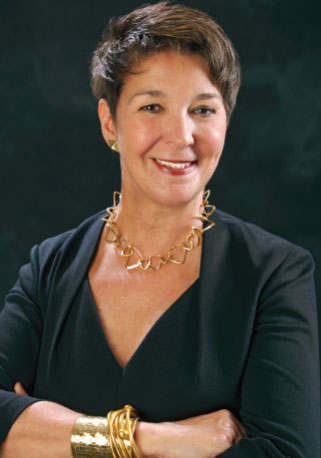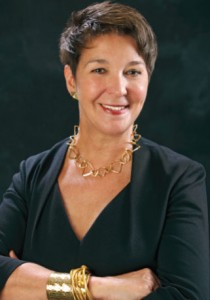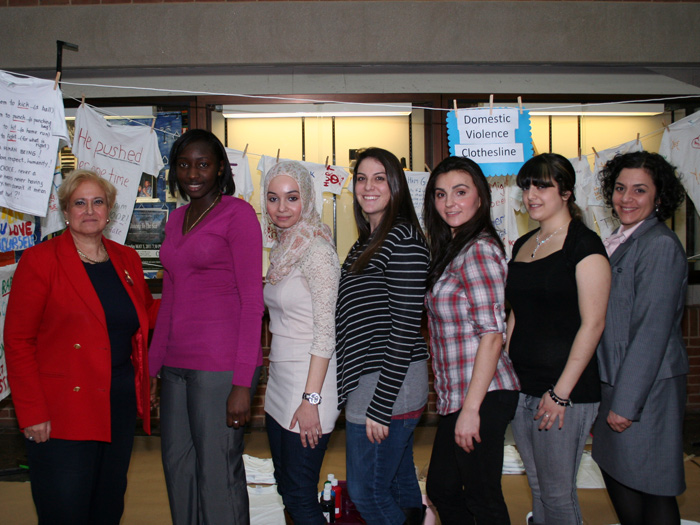LEITH TER MEULEN, who received a BA magna cum laude in Economics with a second major in Women’s Studies from Richmond College in 1976, is the President and CEO of Landair, Inc., a company that she founded in 1992. She describes the company as providing “an array of project development and management consulting services. We help clients make strategic decisions about their real estate needs, their business aspirations, and their capacity to undergo change. Then we help them implement their decisions with a suite of management tools and expert advice. Our core customer base has historically revolved around clients who provide public or community services like non-profits and government agencies; however we are now expanding more deeply into the private sector.”
Landair has consulted on a number of high-profile projects, and ter Meulen explains, “One of the firm’s first projects was the redevelopment of Times Square. As a native New Yorker, I remember how crummy Times Square was and to walk through now and see what a great success story it has become is exciting. A much smaller project we consulted on was the restoration of the historic Hunterfly Road Houses of the Weeksville Heritage Center in Brooklyn. In the 1840s, Weeksville was one of the first free African American communities in New York City. Without a doubt, the most satisfying project of all was serving as the project administrator for the World Trade Memorial Design Competition. It was a very healing experience after 9/11.”
When asked what she likes the most about her job, ter Meulen replies, “We are problem solvers, first and foremost, and I love problem solving. I also enjoy the interaction with other creative, thinking people, being strategic and tactical and making breakthrough choices, and being a catalyst for change. And yes, I love being an entrepreneur and being my own boss.”
As she looks back on her experience at SICC and Richmond College, ter Meulen recalls that it changed her life. In regard to SICC, she says, “I was a teenager in the pre-Women’s Movement 1960s, and it was far from automatic, as girls, that we would go to college. I also left high school before graduating to become a mother. At the time it was SICC that gave me the opportunity to enter into the college stream with a GED and a strong desire to study and improve my son’s and my life. I’m very proud now that my son Richard Zerilli is a Lieutenant in the FDNY.”
Ter Meulen waxes nostalgic when she remembers the days prior to her graduation from Richmond College. “I don’t know where many of us would be had it not been for the Women’s Movement, and Richmond College at that time was the hotbed of radical thinking in the CUNY system. We had some wonderfully strong women professors like Dr. Mirella Affron and Louise Fishman, and guest lecturers like Jill Johnstone. The professor who by far had the greatest effect on me was Bertha Harris.
In comparison to its two predecessor institutions, ter Meulen adds that she is very impressed with the present-day College of Staten Island. “I remember as a child living in Rosebank and SICC was located in a small office building on Bay Street. Richmond College didn’t even exist yet. And to visit CSI now and see how it has transformed into a truly special place with such great resources and gifted talent and a beautiful campus. Well, I think the students attending today are very, very lucky.”
















